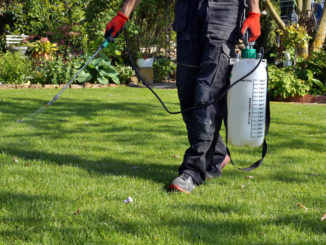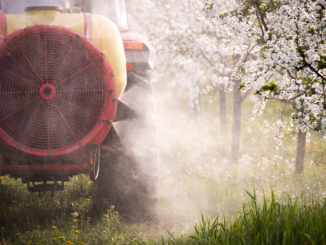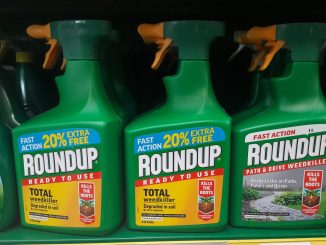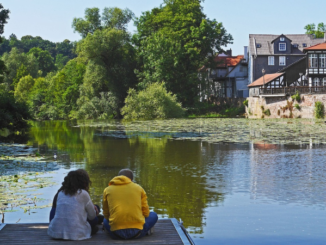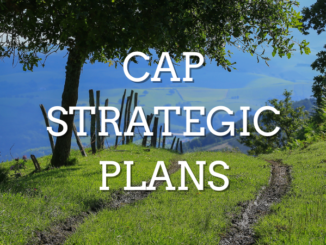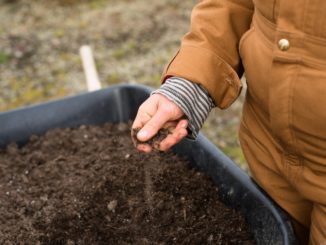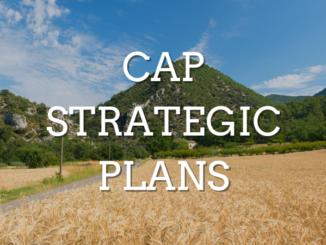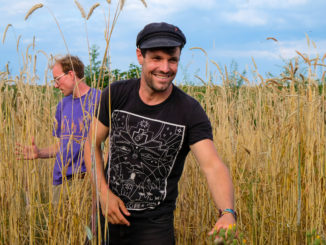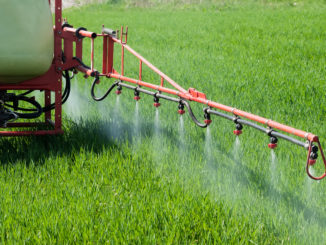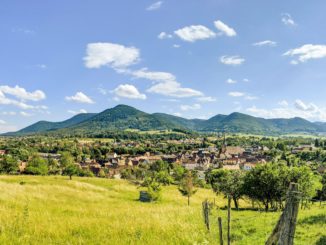In Marburg, Germany, on November 6th – 8th 2023, ARC2020, Kollektiv von Morgen and the Arbeitsgemeinschaft Bäuerliche Landwirtschaft (AbL) are hosting a European Action Gathering – A rural bridge between sustainable agri and food policies in the EU. Date: November 6th (from 18:00), November 7th (all day) and November 8th (all day), 2023 Location: Technologie- & Tagungszentrum, Marburg, Germany Language: German, with interpretation into English and French For those that can’t attend in-person, we are live-streaming the presentation of the Marburg Action Plan for Future-Proof Food Systems and the panel debate on Wednesday November 8th. This will be in German only. Click here to access the livestream (in German). Why? Throughout Europe there is action to improve access to healthy, affordable and ecologically produced food. Many local food councils, solidarity farming groups, food cooperatives as well as rural and urban municipalities have established democratic, economic and social frameworks for a fair and sustainable food system. This is encouraging, especially in the face of global crises that affect, and are affected by, the food system. However, […]


